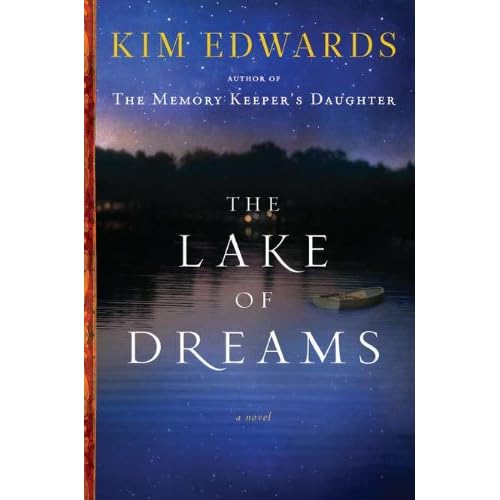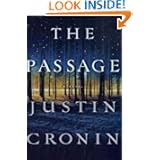My only negative is that I felt that she got a tad bogged down in the details of stained glass window making - I found myself glazing over these parts. Overall it was a great story - made even better because it was based on an actual person!!!
From Publishers Weekly
Vreeland (Luncheon of the Boating Party) again excavates the life behind a famous artistic creation--in this case the Tiffany leaded-glass lamp, the brainchild not of Louis Comfort Tiffany but his glass studio manager, Clara Driscoll. Tiffany staffs his studio with female artisans--a decision that protects him from strikes by the all-male union--but refuses to employ women who are married. Lucky for him, Clara's romantic misfortunes--her husband's death, the disappearance of another suitor--insure that she can continue to craft the jewel-toned glass windows and lamps that catch both her eye and her imagination. Behind the scenes she makes her mark as an artist and champion of her workers, while living in an eclectic Irving Place boarding house populated by actors and artists. Vreeland ably captures Gilded Age New York and its atmosphere--robber barons, sweatshops, colorful characters, ateliers--but her preoccupation with the larger historical story comes at the expense of Clara, whose arc, while considered and nicely told, reflects the times too closely in its standard-issue woman-behind-the-man scenario. (Jan.) (c)
Copyright © Reed Business Information, a division of Reed Elsevier Inc. All rights reserved.
Copyright © Reed Business Information, a division of Reed Elsevier Inc. All rights reserved.



